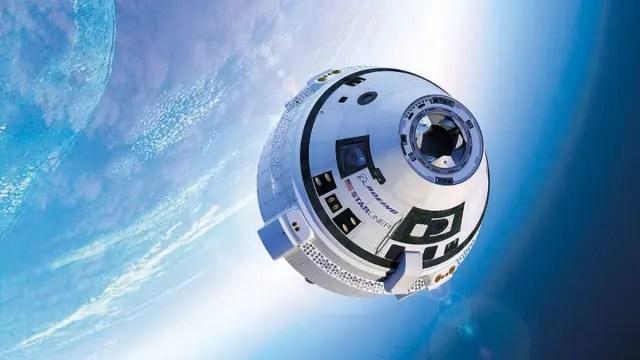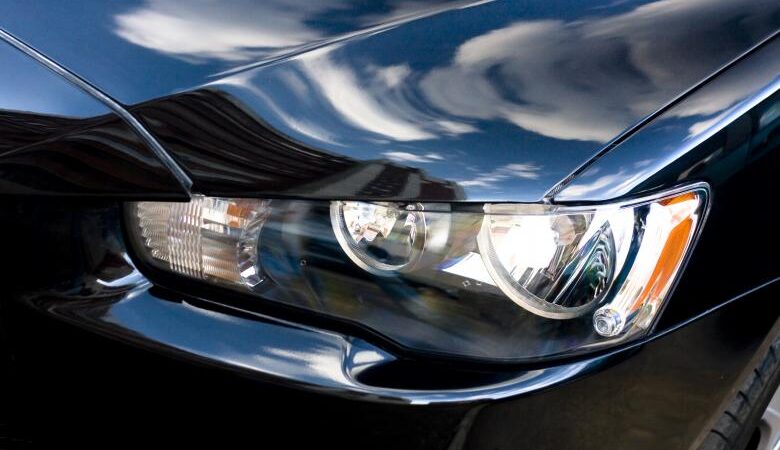The 14 best diesel engines in history
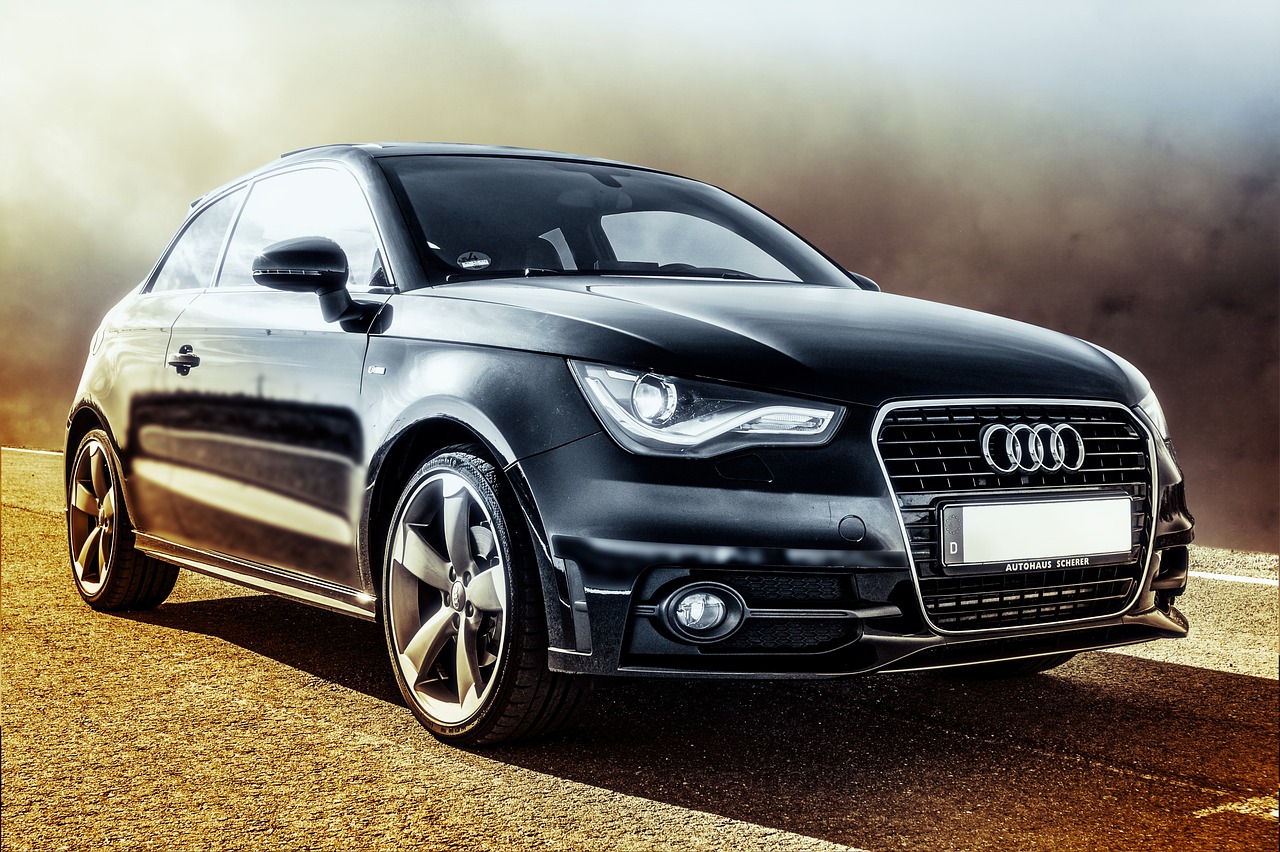
These engines have proven to be capable of doing many hundreds of thousands of kilometers without suffering the slightest
Although it may seem somewhat paradoxical, when we buy a new car, we have less information about the reliability of the engine than when we go to the used market, especially in the case of vehicles that have been on sale for a very short time. In these cases, when we want a car that can serve us for many years, we turn to manufacturers that have a good track record of quality vehicles.
Cars that are historically more reliable tend to have a higher price on the second-hand market. They have greater demand, which means they have more interested parties. If you are looking for a car with a diesel engine and you want to have a quality engine under the hood , in this article we are going to tell you what is considered the best in history.
Before starting, it is advisable to make a small clarification. In this list you will see engines that are very well built and that can last hundreds of thousands of kilometers. However, what you need to do before buying a second-hand car is to make sure that it has been properly maintained . Even the most indestructible engine can die prematurely if something as basic as an oil change or distribution is not done.
- PSA 2.0 HDI
- Mercedes-Benz 3.0 CDI
- Volkswagen Group 3.0 TDI
- Volkswagen Group 1.9 TDI
- FCA 1.9 JTD
- Volvo 2.4D D5
- Toyota 1HD
- Toyota 1.4 D-4D
- Mercedes-Benz 2.1 CDI BlueTec
- BMW M57
- Cummins 6.7
- General Motors 6.6 Duramax
- Hyundai-Kia 1.6 CRDi
- PSA 1.9 XUD
PSA 2.0 HDI
Europe was, for decades, an arena in which several manufacturers competed to create the best diesel engines. The PSA Group (Peugeot Société Anonyme), which is now part of Stellantis, was a key player at that time. They were the ones who introduced common rail technology in diesel engines, an injection system that ended up being adopted by the entire industry.
Of all their diesel engines, those that have best stood the test of time have been the 2.0 HDI , especially those manufactured between 1999 and 2006. In the case of the 8-valve variants, many of their lucky owners have been able to make 500,000 kilometers without having to repair the engine.
As the years went by, anti-pollution regulations caused these engines to lose some reliability, although this happened to the entire industry, not just PSA. Regarding use, the 2.0 HDI were mainly mounted on Peugeot and Citroën cars , both passenger cars and commercial vehicles. They were also sold to other manufacturers, with these engines being the heart of cars from Ford, Volvo and Suzuki , among many others.
Mercedes-Benz 3.0 CDI
Mercedes-Benz is a great example of reliability. The 3.0 CDI (code OM642) was used in a good number of vehicles since 2005, both from the brand itself and from Chrysler and Dodge , because the Germans had an alliance with the latter at the beginning of this century.
This 3-liter V6 had very good response. It was not very prone to breaking, had quite decent consumption and was marketed in versions with up to 260 HP of power .
Many of the E-Class that were sold in their day with this block are still alive and well as the first day. Although, in this case it must be recognized that the longevity of this engine has a lot to do with the care that its owners have taken, since they are not cheap vehicles to maintain .
Volkswagen Group 3.0 TDI
A very similar case is that of the Volkswagen Group’s 3.0 V6, most often mounted in Audi cars . In fact, more evolved versions of this block continue to be marketed in the high-end cars of the brand with the rings.
The 3.0 V6 is a powerful engine, although it is only suitable for very select pockets. It requires maintenance with quality fluids, while it is advisable to use quality fuel such as premium diesel . The really surprising thing about these 3.0 TDIs is that they do not have very high consumption either , which has given these engines a great reputation.
Volkswagen Group 1.9 TDI
We are sure that many of you who have come to this article have taken a look at the index to make sure that this engine is on the list. The 1.9 TDI from the Volkswagen Group has become a true legend . In fact, our streets are still full of cars from Seat, Volkswagen, Audi and Skoda that use these engines, regardless of whether the Low Emission Zones want to put an end to them.
The Germans launched these engines in the late 90s. The cars that featured these 1.9 TDIs were significantly more expensive than those of the competition. However, those who made the purchase never regretted it. The secret was a very solid iron block with a very precise direct injection system.
Although these engines evolved over the years, it is the ALH version of this engine that is most famous. By developing only 90 HP, the mechanics were not forced at all. It is not difficult to do 400,000 kilometers on these engines. To prove this, most of the second-hand cars you can buy today with these blocks already have these figures on the box.
FCA 1.9 JTD
FCA’s 1.9 JTD inline four-cylinder engines didn’t turn out bad either. They were mounted on group vehicles such as Fiat, Lancia or Alfa Romeo , as well as others such as Opel and Saab thanks to agreements with General Motors.
This JTD engine had a very robust design, as well as common rail injection that allowed for much better fuel optimization. As a general rule, they produced between 100 and 150 HP . With good maintenance, this family of Italian engines has more than proven to be on par with other French and German alternatives.
Volvo 2.4D D5
Between 2000 and 2010, Volvo was marketing one of the most robust diesel engines the automotive industry has ever seen. The 2.4D was mounted on cars like the S80 or the XC70. It was a 5-cylinder in-line engine with a turbocharger and a few anti-emissions technologies such as the particulate filter or the EGR.
Although it didn’t attract as many attention as the Volkswagen or Mercedes engines, this block was designed to last . The engine had enough power to move the weight of the vehicle, although without sporting pretensions.
It had some variants, but all of them are known for being able to travel hundreds of thousands of kilometers without experiencing breakdowns. It also offered a good relationship between consumption and performance . The only bad thing that can be said about this 2.4D D5 is that you will hardly find a second-hand vehicle with low mileage behind it. Those who bought these Volvos back in the day knew what they were putting in their garages.
Toyota 1HD
That Toyota is on this list shouldn’t surprise you in the least. Practically everything this manufacturer’s engineers do borders on perfection. We could make a huge list of Toyota engines that are magnificent, but the 1HD takes the gold medal .
This 4.2-liter, 6-cylinder inline engine has had a multitude of variants , with different types of injection and boosting—it even had an atmospheric version. What makes this engine great is not its power or consumption, but its durability, taking into account the type of conditions in which it works.
This block is installed on cars such as the Land Cruiser . Its reputation has been hard-earned in regions such as Australia, Africa and the Middle East, where vehicles must face extreme conditions of heat, dust and challenging terrain.
Toyota 1.4 D-4D
You also don’t need to go to Toyota’s larger diesel engines to find reliability. This 1.4-liter tetra-cylinder was able to teach a lesson to other manufacturers with much more experience in the diesel engine market.
At a time when the Volkswagen Group and PSA shared the diesel market in Europe, Toyota hit the table with this engine that it equipped in cars such as the Yaris, the Corolla or the Auris. It had enviable fuel consumption, decent power and anti-pollution systems that put it at the forefront.
There is still a large market for vehicles fitted with these engines, although their prices in the used market have not dropped as much as one would expect, due to the great reliability they have demonstrated over the years.
Mercedes-Benz 2.1 CDI BlueTec
The 2.1 CDI from Mercedes was in a good part of the German manufacturer’s vehicle range. It stopped being manufactured in 2018, so you will still find many of these diesel cars on the used market with diesel engines that have many kilometers left. However, it must be remembered that maintenance of a Mercedes is usually not cheap .
Although it is not the most powerful engine that this Stuttgart manufacturer has made, the 2.1 CDI BlueTec stands out for its long-awaited reliability. It was a very modern engine for its time , as it came with a good number of anti-pollution systems that did not penalize its operation, something quite strange.
As a general rule, Mercedes produced up to 204 hp from these blocks . However, its good reputation may come from the brand’s range of commercial vehicles. In them, power was reduced significantly, but torque was preserved. With this formula, we would put our hand on the fact that it is practically impossible to break one of these engines as long as maintenance is done on time.
BMW M57
For 15 years, the BMW M57 engine was the soul of several generations of vehicles such as the 3 Series or the 5 Series . Unlike Audi or Mercedes-Benz engines, BMW opted for its specialty, the inline 6-cylinder. The block design was based on its predecessor, but they placed an aluminum cylinder head to reduce weight.
The M57 had several revisions, achieving more power and lower emissions. Enthusiasts of the brand consider it to be the best diesel engine that those from Munich have created. This makes a lot of sense if we take into account that BMW is a brand that has historically put more effort into performance than reliability.
Cummins 6.7
Diesel has never been very popular with Americans. Although the United States is a country with a large primary sector and with agricultural vehicles that could have benefited from these engines, its industry has always shown more predisposition towards gasoline.
However, there is one very clear exception. The heaviest models of RAM trucks (RAM 2500 onwards) were equipped with the 6.7 Cumminis turbodiesel engine. This American manufacturer is a specialist in truck engines. The 6.7 earned its good reputation hard. Despite its enormous displacement, it is really a 6-cylinder in-line block, with a very long stroke and a compression of up to 19:1.
The Cummins 6.7 is a very solid and interesting engine. Its design is designed to perform more on the torque side than on the power side. Many professionals defend it tooth and nail for its generous specifications, which do not interfere with its magnificent reliability .
General Motors 6.6 Duramax
One of the best V8 engines General Motors has made in recent years is, funny enough, a diesel. The development of the 6.6 Duramax was done together with Isuzu, a manufacturer that we could also have included in this list, as it has a lot of experience making diesel engines.
This engine was launched in 2001. It has been mainly installed in pickup trucks such as the Chevrolet Silverado or the GMC Sierra. It is an engine that defends itself very well when doing heavy work , while at the same time not neglecting power and torque. Some of the versions of this engine have developed up to 450 HP.
Hyundai-Kia 1.6 CRDi
Hyundai and Kia are two brands that have managed to carve out a big niche for themselves in Europe and North America by selling vehicles at good prices. Reliability may not have been the best thing about these cars in the beginning, but, over time, they have demonstrated their great capabilities. In fact, nowadays, they are usually in the top 10 of the most reliable brands .
Already in 2006, the Koreans began to point out ways with their 1.6 CRDI (code D4FB). It was a very simple, reliable engine with fairly moderate consumption. It was marketed in many different vehicles with powers between 90 and 136 HP .
Despite not having a very large displacement, the 1.6 CRDi has a good reputation, especially because its engineers relied on a common rail injection system signed by Bosch. In terms of useful life, these propellers can travel 300,000 kilometers if they are given the maintenance they deserve.
PSA 1.9 XUD
A simple and robust engine is an engine that will not have its reliability compromised if it is properly cared for. The largest vehicles that Peugeot and Citroën marketed in the 90s carried these 1.9 blocks that were hard as rocks . They were very simple, which made them also very cheap to maintain. In fact, many of them were atmospheric propellants.
They did not stand out for their power nor for their consumption – at the time, this fact was not very worrying either. If it is no longer remembered it is because it was totally eclipsed by its successor, the HDI engine. Of course, the French did a great favor to the entire industry with these engines. His experiments with diesel engines at this time were very fruitful. So much so that they managed to evolve boring engines for vans into fast and efficient engines for passenger cars.
If you think that diesel is more profitable than gasoline , we invite you to take a look at the used market in search of a well-maintained unit that has one of these engines that we just talked about. With good care , they are surely still capable of doing many kilometers.
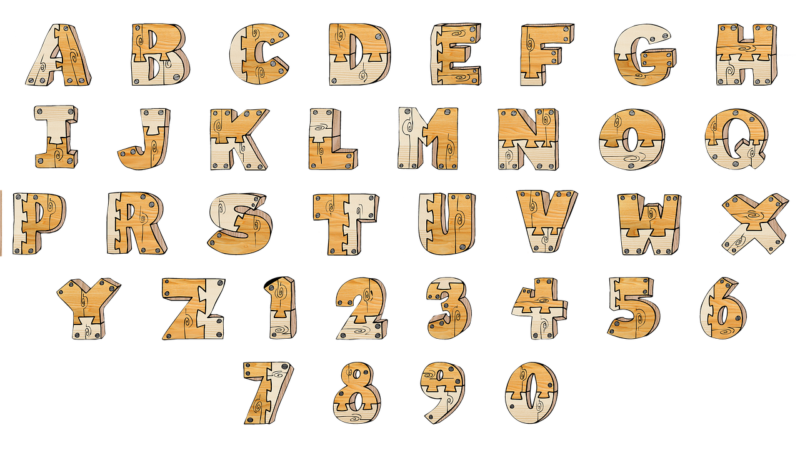
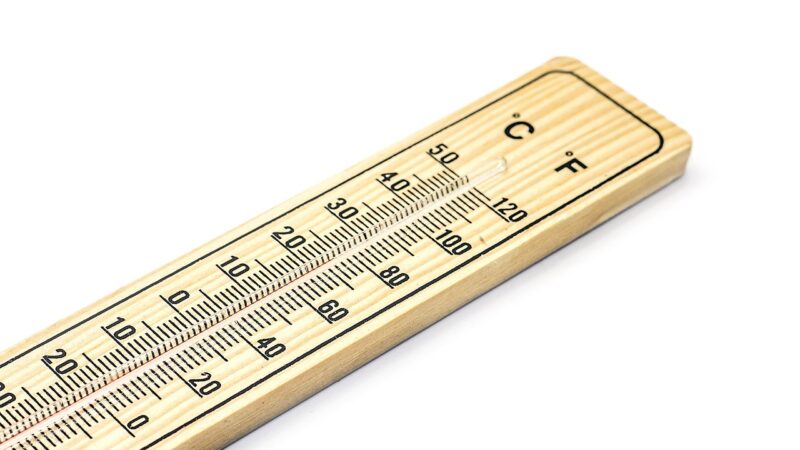
![Major Sports Events [2025]](https://www.techhubupdates.com/wp-content/uploads/2025/02/Major-Sports-Events-Of-the-Year-2025-800x450.webp)

